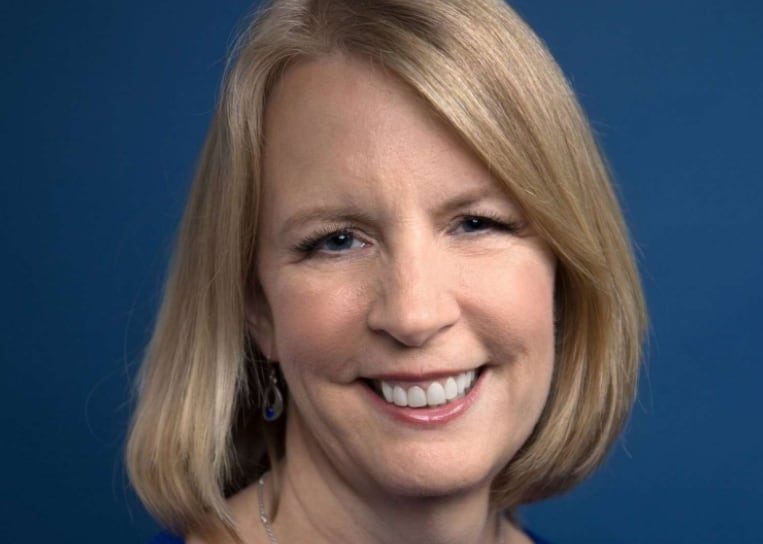
Here’s an idea: Hand your teenagers hundreds of dollars in one lump sum and leave it up to them to manage the money for the next, say, six to 12 months.
Adults who plan ahead for large, irregular expenses are 10 times more likely to be financially healthy than those who don’t, according to a study by the nonprofit Center for Financial Services Innovation. Those who have a regular savings habit are four times more likely to be financially healthy.
Lump sums can teach teens the skills needed to develop those habits, says Ron Lieber, a personal finance columnist for The New York Times and author of the book “The Opposite of Spoiled.”
Lump sums “train and test teens in self-restraint, in anticipating medium-term needs, in telling the difference between wants and needs, and in setting goals and priorities,” Lieber says. “If you don’t have more money coming for a while but a larger-than-usual pile in front of you, there will just be that many more and bigger tests of your will.”
Which she did. She discovered her money went a lot farther at thrift and consignment stores than it did at the mall. She felt the pain of wasted money when an impulse purchase went unworn. She wrestled with whether to spend a huge chunk of her budget on Dr. Martens. (She eventually asked for them as her birthday present.)
The keys to making this work:
MAKE THE LUMP SUM BIG ENOUGH — BUT NOT TOO BIG. Skimping on the amount won’t leave teens enough room to make choices, but giving too much means they won’t face hard trade-offs. It’s also important that the money be intended for necessities rather than “fun money.” When our kids gets out in the real world, most of their paychecks won’t be discretionary as they pay for rent, food, transportation, taxes and other needs.
KEEP TALKING. The real value in any kind of allowance is the opportunity it gives you to talk about money. Our daughter had to ask us when she wanted some of the clothing money transferred from savings to her checking account or prepaid card. That gave us a chance to talk about what she was learning, the challenges and choices she faced and our own experiences learning to handle money.
DON’T BAIL THEM OUT. What if they blow all their money in the first week, or outgrow their last pair of sneakers when their account is on fumes? Let them figure out a solution, such as getting a job or earning money doing extra chores, Bodnar advises.
“You need to stick to your guns, which is hard as a parent,” she says.
If parents ride to the rescue, all the teenager learns is to look for the quick fix that avoids short-term pain. That kind of thinking leads to credit card debt, payday loans and repeated requests for bailouts even when they’re adults. Better to take a hard line now than watch them fail later.
“Teens will flunk these tests regularly, and we should cheer, internally at least, when they do,” Lieber says. “The more they mess up while they still live with us and the consequences are relatively mild, the better.”
